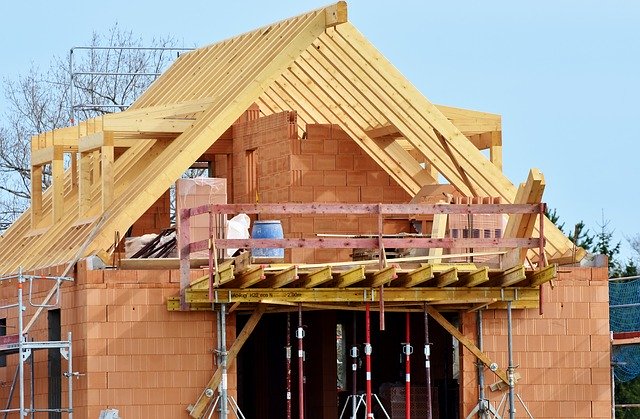How To Avoid Construction Contract Scams in the Philippines
A Construction Contract is an agreement whereby the contractor promises to build a structure for the principal. We saw several cases where foreigners and Overseas Contract Workers were scammed by swindlers who pretended to be licensed contractors in the Philippines.
Mr. Esther (not his real name) was a victim of construction scam in the Philippines wherein he lost around $100,000 to a fake construction firm. The contractor promised him that the money will be used to purchase a parcel of land wherein a house will be constructed and completed within seven (7) months. They entered into a construction contract to formalize their agreement. Seven (7) months passed and the contractor informed them that the house was not yet done because of some delay. The contractor asked for another payment because necessary adjustments must be made. A year passed and the house is still incomplete. Mr. Esther felt uneasy and asked a lawyer about the situation, after an investigation it turned out that the construction firm has no license and that they never bought the lot for the house. The materials which were intended for the house were transferred to another location and were used there to build another house for another client.
This story is just one of the many construction scam stories in the Philippines. It could have been prevented if Mr. Esther was aware of the following tips to avoid construction scams.
How To Avoid Construction Contract Scam in the Philippines
1 VALID CONSTRUCTION LICENSE – The construction firm must be licensed with The Philippine Contractors Accreditation Board (PCAB) under the Department of Trade and Industry (DTI). The list of licensed construction firms are listed in the website of DTI. It is prohibited for companies to enter into construction projects without securing a valid PCAB license.
2 PROFESSIONAL LICENSE – A contractor is not required to be an engineer or architect. However, some contractors present themselves as licensed professionals to attract clients. Determining whether or not a contractor is an architect or engineer can be done by searching their name in the internet. Professional Regulation Commission (PRC) records all licensed engineers and architects in the Philippines.
3 The CONSTRUCTION CONTRACT – Many construction firms have a pro forma construction contract wherein their clients will simply sign before the firm’s lawyer. The Construction Contract must be complete and specific as to the payment and period of completion. Liquidated damages in case of delay should be added in the contract. It is advisable to consult a private lawyer (not the company lawyer of the construction firm) to review the construction contract of the firm before signing. Several law offices can review contracts online for a speedy result.
4 Identity of the Construction Firm’s representative – The client should check whether or not the person they are dealing with is an authorized representative of the firm/company. The representative must be able to show the original copies of his government issued Identification Card, Company’s Board Resolution, Partnership Resolution, or Special Power of Attorney (sole propriety) from the owner.
5 Title and Licenses – the construction firm must be able to present to you the original title of the lot and the necessary building permits for the construction of the structure. A contractor who is unable to show the Certificate of Land Title to the client is a red flag and necessary care must be conducted in dealing with them.
What can I do If I was already scammed?
It is necessary to consult a lawyer to recover your losses and file the necessary civil or criminal complaints against the contractors and the firm.

How To Avoid Construction Contract Scams in the Philippines
Author: Atty. Richelle Josephine B. Juanbe


